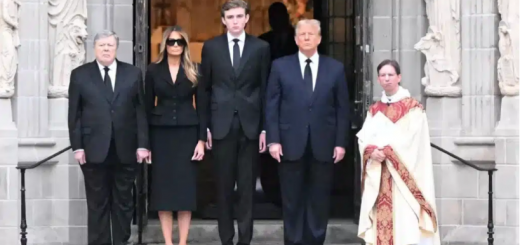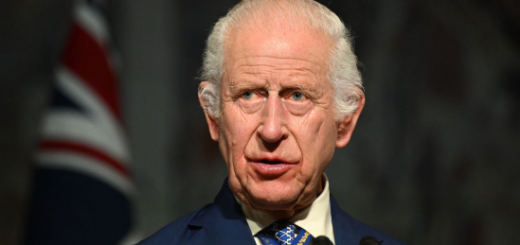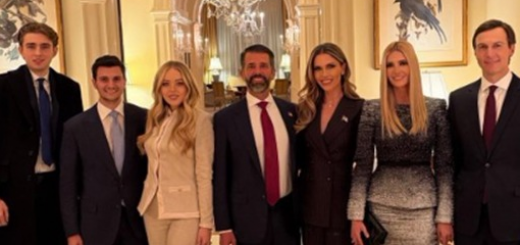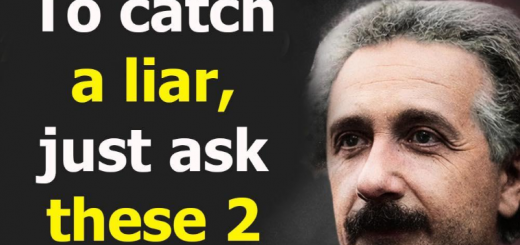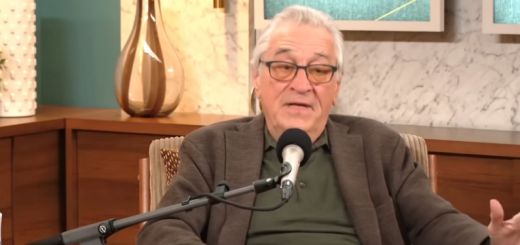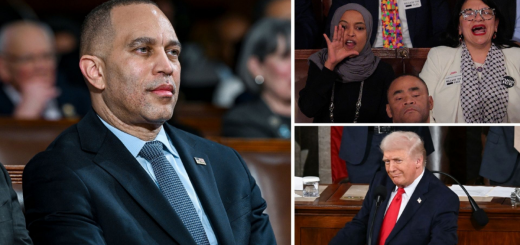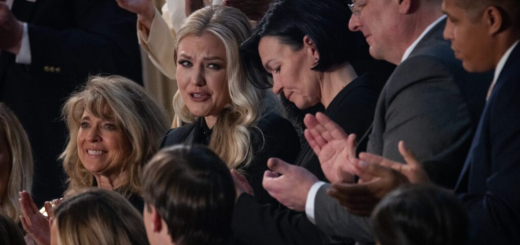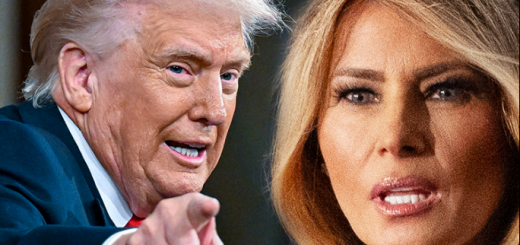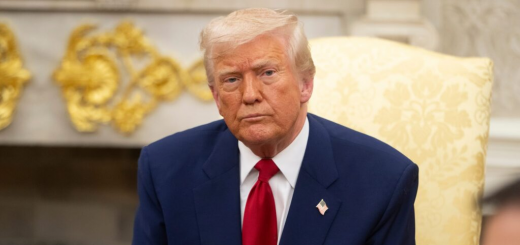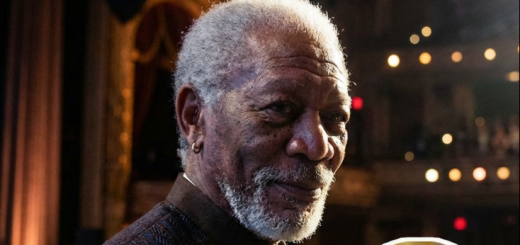JD Vance Denounces Fake AI-Generated Audio Criticizing Elon Musk
A viral audio clip claiming to feature Vice President JD Vance speaking negatively about Elon Musk has been exposed as a fake, allegedly created using artificial intelligence (AI). Despite its rapid spread on social media, Vance and his team have strongly denied its authenticity.
AI-Generated Misinformation Goes Viral
The controversy began when a TikTok account named Joseiitalia shared the clip, which quickly amassed over 1.5 million views.
It was later reposted on X (formerly Twitter), where it gained another 500,000 views and was widely discussed on Reddit.
The audio allegedly featured Vance criticizing Musk, saying, “Everything he’s doing is getting criticized in the media… He’s making us look bad.”
The voice also suggested that Musk was acting like an elected official, adding, “I am the important one in this situation.”
However, Vance’s communications director, William Martin, swiftly debunked th e recording, calling it an AI-generated fabrication.
Vance himself responded on X, saying, “It’s a fake AI-generated clip. I’m not surprised this guy doesn’t have the intelligence to recognize this fact, but I wonder if he has the integrity to delete it now that he knows it’s false. If not, it could be defamation. I guess we’ll find out!”
The Rise of AI Misinformation
As AI technology advances, the spread of fake audio and video content has surged, making it increasingly difficult to distinguish between real and manipulated media.
Experts warn that such misinformation could pose serious risks, especially when it involves high-profile political figures.
In this case, the AI-generated clip exhibited poor sound quality and distortion, further raising suspicions.
Additionally, no credible source could explain how a random social media account would obtain a private recording of the vice president.
National Security Concerns Amidst Controversy
While Vance dealt with the AI hoax, the Trump administration faced a separate security breach. Reports surfaced that The Atlantic’s Editor-in-Chief, Jeffrey Goldberg, was mistakenly added to a private Signal group chat discussing military operations against Houthi terrorists in Yemen.
It’s a fake AI-generated clip. I’m not surprised this guy doesn’t have the intelligence to recognize this fact, but I wonder if he has the integrity to delete it now that he knows it’s false.
If not, it could be defamation. I guess we’ll find out! https://t.co/raS524I4kq
— JD Vance (@JDVance) March 24, 2025
The chat reportedly included senior officials such as Vice President JD Vance, Defense Secretary Pete Hegseth, and Director of National Intelligence Tulsi Gabbard. The discussion revolved around the timing and strategic implications of a military response.
Goldberg, who accidentally gained access to the group, later disclosed details about the internal debate.
The messages revealed that Vance was concerned about the potential economic impact and questioned whether aiding Europe in securing trade routes aligned with President Trump’s stance.
“I just hate bailing Europe out again,” Vance reportedly wrote. Meanwhile, Hegseth responded, “VP: I fully share your loathing of European freeloading. It’s PATHETIC. But Mike [Waltz] is correct—we are the only ones who can do this.”
The Growing Challenge of Digital Deception
The rapid spread of false information—whether through AI-generated content or security mishaps—highlights the increasing challenges faced by political leaders and media consumers alike. As AI tools become more sophisticated, the ability to discern truth from fiction will be crucial in maintaining trust in public discourse.
For now, JD Vance has made his stance clear: the viral audio is a hoax, and those spreading it may face legal consequences. Meanwhile, concerns over AI-driven misinformation continue to rise, raising questions about how society can navigate the digital age responsibly.

